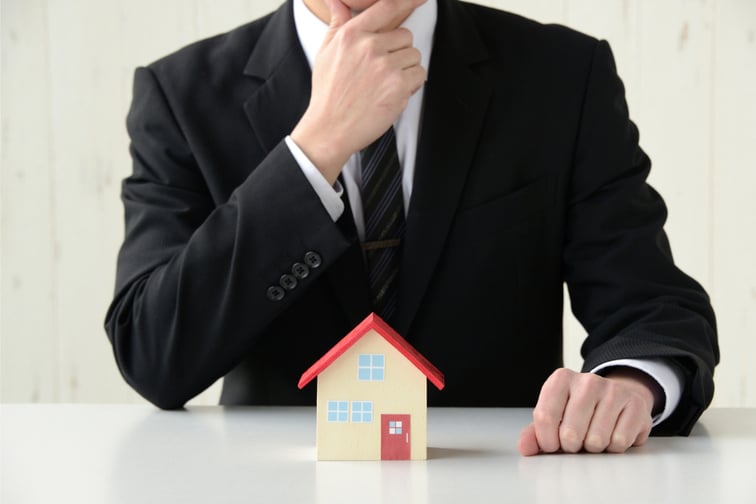

The answer to that question depends on which of the two you value most highly. Paying off your mortgage, of course, will secure a roof over your head; however, paying off your investment property can allow you to have more equity and cash flow. When making the highly personal decision, it is important to weigh up key factors.
For instance, it might be a better idea to pay off your investment property if you already have a clear destination in mind for the additional money. Another route people typically take is to use the new cash flow to invest in another investment property. Key factors to weigh are your financial situation and the current market.
Paying off your mortgage early will most likely get you out of debt, which is a great goal that usually makes sound financial sense. It’s important to note, however, that it’s not your only option. If you opted to continue making mortgage payments, you can invest with the extra money you save. For instance, you could invest in new properties or investment funds. While investing comes with its own set of risks, you could also pay down your home loan debt and eventually grow your wealth. Essentially, it depends on your appetite for risk and your overall financial goals.
The bottom line is that paying off your mortgage early helps to reduce your mortgage debt, and reducing debt of any kind is usually a good idea financially, since being debt-free means you will have to worry less about repayments and enjoy more financial freedom. Plus, since your property is a form of wealth, the less debt you have, the more equity you will have.
A few of the disadvantages of paying off your mortgage early include:
You could lose access to a big amount of money. You need quite a bit of cash to pay off your debt. For instance, if the remaining debt you have on your rental property is $300,000, that’s a lot of money you could use on new investments or as a down payment.
Lower liquidity. You could lessen your ability to take advantage of opportunities for investment or to pay off unforeseen expenses if you reduce your liquidity by reducing your debt.
Higher borrowing costs. It may be more expensive to borrow against property that’s been repaid in the future. Because interest rates are constantly fluctuating—with the possibility of rising in the future—there is no guarantee you will find a lower interest rate if you need to refinance your investment property.
Limited coverage. Funds that are trapped in property equity will not generate money. You could potentially channel profits more quickly, letting you get more property with more leverage, which is critical when generating wealth.
The old adage is true: not all debt is negative. An example of productive debt would be if you borrow money to invest in a wealth-creating or income-generating asset, like an investment property. That is not bad debt to have. You can utilize the added cash your rental income brings in, plus there are investor tax benefits and you can also use negative gearing to eventually see capital gain from the sale of your home. Again, these are debts you can afford to have and actually come with advantages.
One of the major disadvantages of buying an investment property first is the risk involved. Property investment—like any kind of investment—is not a certainty. Some of the risks in buying an investment property first include:
The added stress of being a landlord. Being a landlord can be very tough work, plus you have legal responsibilities to maintain your investment property to make it liveable for your tenants.
Your property could potentially lose its value. Again, there are no guarantees. Your investment property may not become more valuable like you assumed when you initially purchased it. Do your research and buy in a good location.
It could be difficult to find a tenant. During dry spells, when no one is living in your investment property, you will not have rental income, making your investment much more expensive than initially thought.
